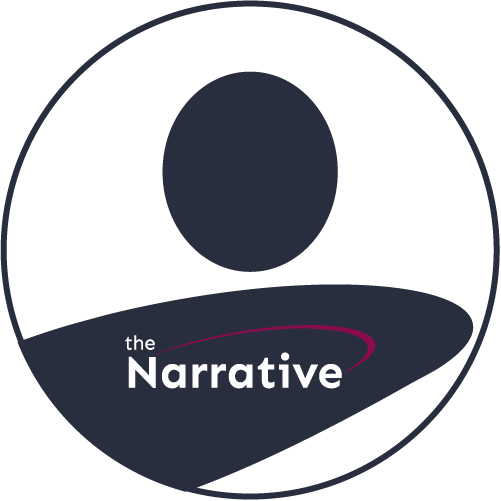
In early December, NCI sponsored the first conference of its kind—the Catchment Area Data Conference – Beyond Definition, hosted by Massey Comprehensive Cancer Center. The conference was designed to empower those who are involved in community engagement, community outreach, cancer disparities research, and cancer prevention at comprehensive cancer centers.
NAACCR was represented by several members affiliated with comprehensive cancer centers, including Nan Stroup, PhD, Director of the New Jersey State Cancer Registry; Sarah Nash, MPH, PhD, NAACCR Board member and Director of Research Analytics and Dissemination at the Iowa Cancer Registry; Debby Oh, PhD, Data Scientist, UCSF School of Medicine; and Scarlet Gomez, PhD, Co-Leader, Cancer Control Program, University of California San Francisco (UCSF), Helen Diller Family Comprehensive Cancer Center. Dr. Gomez gave a presentation on California Health Maps and the UCSF Health Atlas. These data visualization tools map a variety of cancer statistics including cancer rates for the UCSF cancer center catchment area as well as by cancer reporting zone. The California cancer reporting zone is a sub-county zone below the county-level that was the inspiration for the Westat led NAACCR/NCI Cancer Reporting Zone project in which many registries are currently participating.
NAACCR was also represented in a plenary session: Leveraging Publicly Available Data for Healthcare Access, Quality, and Equity. I was honored to present in this session alongside a number of other speakers, including Dr. Lisa Richardson, MD, MPH, Director of the Division of Cancer Prevention and Control at CDC, in a panel that highlighted publicly available data resources that can enhance catchment area surveillance. I introduced the audience to NAACCR and Cancer in North America (CiNA) data and discussed ideas for how to leverage CiNA data to support the cancer disparities and prevention work ongoing at these cancer centers.
The conference focused heavily on data collection and collaboration as well as methodologies for cancer center catchment area analytics to support community-focused cancer prevention and control activities. While there are challenges to be met when we share cancer registry data, particularly for small areas, this type of work is an important part of NAACCR’s vision of making every cancer count. The inclusion of both the cancer surveillance data and the expertise of our cancer surveillance community is vital to making meaningful change in the burden of cancer in communities that are served (and are not served) by comprehensive cancer centers.
The presenters and participants alike recognized the critical need to identify new funding to support these types of important advancements in cancer surveillance.
A video created by Massey Comprehensive Cancer Center highlights some of the need and the overall enthusiasm for this conference: CADC23 video. I am looking forward to representing NAACCR at next year’s conference, scheduled for December 5-7, 2024.
NCI, in collaboration with NAACCR, is working with individual registries to develop a set of cancer reporting zones across the U.S. that are more suitable for cancer data reporting than counties. If you are interested in establishing cancer reporting zones in your state, contact Recinda Sherman.
What to Read Next
Nominations Opening Soon for the 2026-2027 Board of Directors
The Nominating Committee is seeking nominees to run for election to three key leadership roles on the NAACCR Board of…
New Study Highlights Enrollment Disparities in Children’s Oncology Group (COG) Trials Using NCCR Data
A new study published in the Journal of the National Cancer Institute (JNCI) examines the factors contributing to enrollment discrepancies…
CaRDO: A new tool for publishing population-level cancer statistics online.
Population-based cancer registries play a vital role in collecting high-quality data on newly diagnosed cancers. But it’s equally important to…





